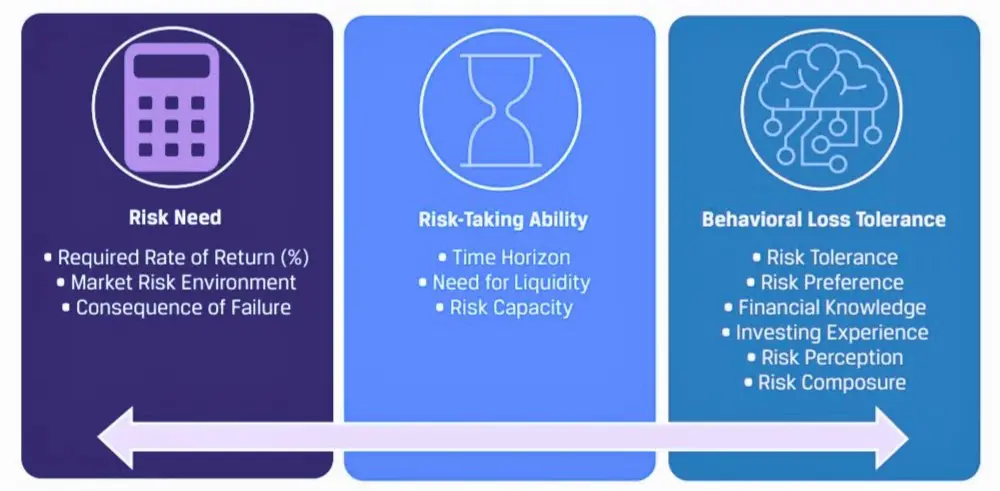[ad_1]

by Fintech Information Singapore
December 4, 2023
The Philippines’ wealthtech sector, which someway nonetheless stays at a nascent stage of growth, is poised to witness robust progress within the mid- and long-term, pushed by booming demand for digital monetary companies, rising wealth and financial growth, and rising adoption of recent applied sciences, a brand new report by Urs Bolt, a wealth administration skilled and wealthtech advisor, says.

Urs Bolt
The report, titled Navigating Prosperity: Unveiling the Way forward for Wealthtech within the Philippines, explores the present state and future prospects of wealth administration within the Philippines, outlining the rise of digital platforms and the significance of person expertise design, and offering an summary of the state of the wealthtech sector within the Philippines.
Based on the report, the Philippines, with its giant unbanked inhabitants and financial progress, presents a promising panorama for fintech, digital banking options and wealthtech companies for the Philippines.
The Philippines has probably the most populous nations in Southeast Asia, with over 115 million individuals as of 2022. It has a youthful inhabitants, with a median age of 25.7 years, and Millennials, born between 1981 and 1996 and Gen Z, born between 1997 and 2012, collectively comprising over 56% of the inhabitants.


On the identical time, the wealth basis within the Philippines remains to be low however is rising at a quicker tempo in comparison with many different markets. This 12 months, property below administration (AUM) within the wealth administration sector are anticipated to achieve US$121.1 billion and can comply with a forecasted annual progress charge of almost 4% between 2023 and 2027 to achieve a quantity of US$141.2 billion by then, knowledge from German statistical portal Statista present.
The report says that these components will give rise to wealthtech options within the Philippines, pushed by rising demand from the nation’s giant mass prosperous phase. These shoppers are looking for customized and tech-savvy options that align with their monetary objectives and expectations, and are more and more favoring digital platforms with seamless and user-friendly experiences, it says.
The report additionally notes that new funding merchandise and asset courses are gaining traction within the Philippines, not just for the ultra-wealthy phase but additionally for mass prosperous buyers. Notable merchandise which are rising in recognition embody cryptocurrencies, non-public property and unique property reminiscent of luxurious gadgets and collectibles.
These choices are offering prosperous buyers with diversified alternatives to develop their wealth past conventional funding devices, it says.
This pattern is supported by findings of analysis carried out by blockchain evaluation agency Chainalysis, which discovered the Philippines to be the second and sixth nation on the earth by way of crypto adoption in 2022 and 2023, respectively.
The rise of wealthtech within the Philippines
Discussing the nascent stage of wealthtech options within the Philippines, the report notes that the sector stays within the early stage of growth, with solely about ten fintech startups within the area.
These firms are largely product-centered and ship digital platforms and distribution channels for on-line buying and selling and funding merchandise. These options don’t prioritize buyers’ long-term and sustainable wealth constructing in step with their private conditions, suggesting that alternatives nonetheless exist in these areas.
Within the mid-term, Bolt expects to see continued progress of digital wealth options together with the growth of super-apps and neobanks to assist these options. The market might also expertise a better adoption of open banking, open wealth, and open finance requirements, a transfer in the direction of standardization that’s set to boost trade collaboration, interoperability and simpler choice making for shoppers. Synthetic intelligence (AI), in the meantime, is about to turn into a pivotal know-how in offering extremely customized and environment friendly wealth administration companies, he says.
Bolt asserts an optimistic outlook for the the wealth and wealthtech market within the Philippines, citing financial growth and demographic growth as key drivers. He emphasizes the essential position of know-how in delivering wealth advisory companies to a wider viewers with the implementation of a customer-centric service mannequin, simplified by fashionable know-how and modern enterprise fashions reminiscent of embedded wealth administration and cellular apps.
As well as, ideas reminiscent of mass customization, data-driven recommendation, goal-based investing, and hybrid advisory will converge to learn clients, he says. Lastly, using knowledge shall be instrumental in delivering extremely customized companies, aiding in threat profiling, funding administration, and buyer interactions.
Bolt concludes by stating that these developments will set up unbiased wealth recommendation as a separate self-discipline, with the potential for the Philippines to supply high-quality, cost-effective wealth administration companies, significantly for the mass prosperous phase, via a mixture of know-how and human capabilities.
Wealthtech options within the Philippines
Within the Philippines, utilization of wealthtech options has began to select up steam, with adoption accelerating significantly by the COVID-19 pandemic and pushed by lower-income and middle-class households. In 2020, on-line inventory buying and selling accounts surged by 19.7% to 936,000, whereas non-online accounts rose by a meager 3.3% to 460,553, the Philippine Every day Inquirer reported in June 2021.
Retail buyers incomes lower than PHP 500,000 (US$9,000) yearly cornered 61.2% of inventory market account holders that 12 months, whereas 21.6% of retail accounts have been owned by these with an annual revenue of PHP 500,000 to PHP 1 million (US$18,000). Buyers with annual revenue of above PHP 1 million comprised 17.2% of retail buyers.
This text first appeared on fintechnews.ph
[ad_2]
Source link





